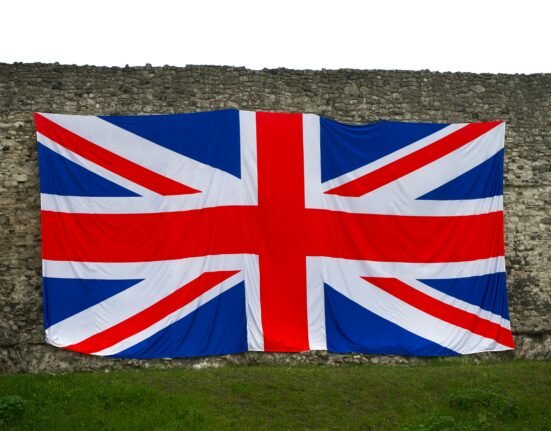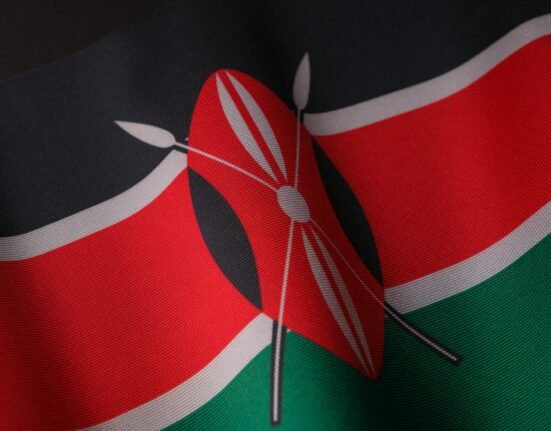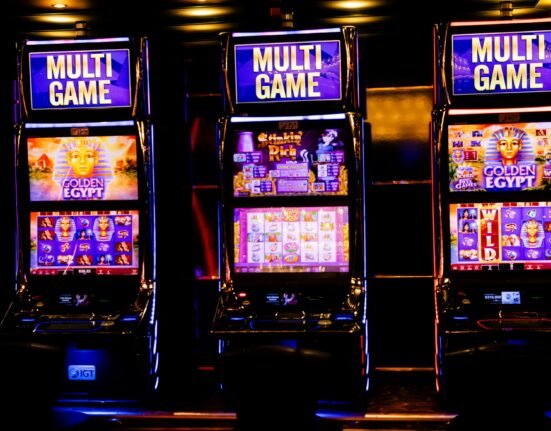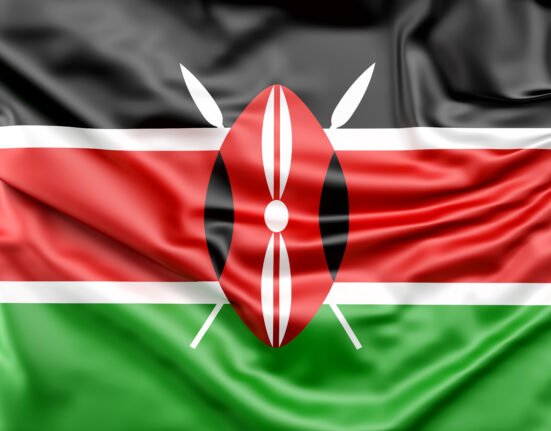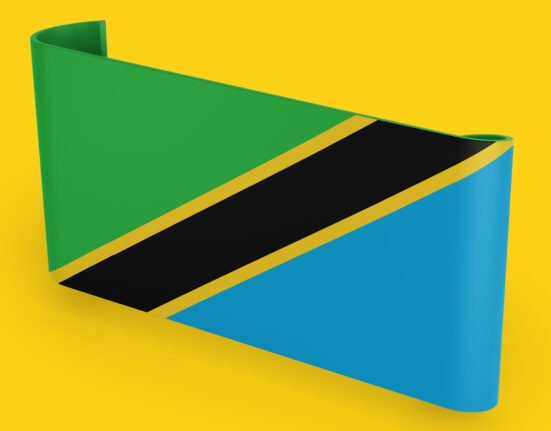ATG Raises Concerns Over Fair Market Entry
Swedish horse racing and betting operator ATG (AB Trav och Galopp) has publicly accused Finland’s state-owned gaming monopoly, Veikkaus, of engaging in anti-competitive behavior ahead of the country’s 2027 gambling market liberalisation. The accusations come as Finland prepares to transition from a state monopoly to an open licensing model on 1 January 2027, inviting both domestic and international operators into a newly regulated competitive environment.
ATG, one of Sweden’s largest gambling entities, claims that Veikkaus is taking proactive steps to secure an unfair market advantage before the competitive landscape officially opens. Among the most serious allegations is that Veikkaus intends to transfer approximately one million customer accounts from its current monopoly structure to a new licensed operator under its control, ensuring an incumbent foothold in the post-monopoly market.
Strategic Deals and Broken Partnerships Raise Red Flags
ATG also reports that Veikkaus unilaterally terminated their 15-year cross-border horseracing partnership, effectively blocking Swedish bettors from accessing Finnish horse racing and vice versa. This move, ATG suggests, was directly tied to its refusal to accept an extended partnership through 2030, which would have locked the companies into long-term terms despite the forthcoming competitive shift.
In addition, ATG alleges that Veikkaus is signing exclusive long-term agreements with TV production companies and Finnish sports leagues, further entrenching its influence in key promotional and content distribution channels.
Such arrangements, if verified, may limit opportunities for new market entrants to access broadcasting or sponsorship rights, giving Veikkaus a strategic promotional edge in 2027 and beyond.
A Monopoly Guarding Its Territory?
While Finland’s Ministry of the Interior has been working on the details of market reform — including licensing, consumer protection, and regulatory oversight — ATG’s allegations suggest Veikkaus is exploiting the transition period to fortify its dominance in ways that could violate future competitive norms.
This is not the first time Veikkaus has attracted scrutiny. In November 2024, the company was fined €2.9 million for breaching advertising restrictions. The recent appointment of Jyri Lassi as General Counsel is seen as part of Veikkaus’ strategy to navigate legal risks in the run-up to liberalisation.
Wider Implications for the Nordic Market
ATG’s protest also points to a broader Nordic concern: how previously monopolistic institutions will behave when their exclusive status is revoked. Finland’s transition is being closely monitored by operators across Scandinavia, where companies like ATG and Kindred are likely to apply for licenses.
Furthermore, ATG recently published findings on the resilience of unlicensed gambling in Sweden, warning that a failure to ensure transparent and competitive access in reformed markets could inadvertently encourage grey market participation.
What Comes Next? Regulatory Scrutiny Needed
While Veikkaus has yet to respond in detail to ATG’s claims, regulatory authorities in Finland and possibly at the European Commission level may be compelled to assess whether Veikkaus’ current strategy infringes upon competition law or creates barriers to entry under EU internal market principles.
If substantiated, these actions may lead to calls for pre-liberalisation conduct guidelines or structural separation of monopoly-era assets from future licensees.
The coming months will prove critical in defining whether Finland can achieve a genuinely level playing field in its gambling sector — or whether legacy advantages will continue to shape its new competitive era.










